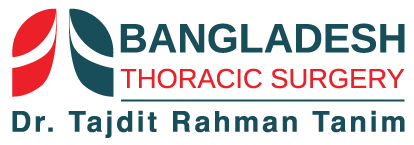Thymus Disease
- Home |
- Thymus Disease

Thymus Disease Treatment by
Dr. S M Tajdit Rahman
The thymus, a small gland in the chest responsible for the production of immune cells, can be affected by various diseases, including thymomas, thymic carcinomas, and autoimmune conditions like myasthenia gravis. Dr. S M Tajdit Rahman, a renowned thoracic surgeon in Bangladesh, offers advanced, minimally invasive treatments for thymus-related conditions, ensuring precise care with reduced recovery times.
Minimally Invasive Techniques
Dr. Rahman is recognized for his expertise in Video-Assisted Thoracic Surgery (VATS), an advanced technique that uses small incisions and cameras to treat conditions like thymomas and thymic carcinoma. This method minimizes pain, reduces scarring, and enables faster recovery compared to traditional open surgeries. His specialization also extends to managing myasthenia gravis, a condition often associated with thymus abnormalities, through surgical interventions like thymectomy.

Comprehensive Care Approach
Dr. Rahman offers a patient-centric approach, from diagnosis and staging to treatment and follow-up care. His focus includes:
- Thymoma and Other Tumor Management
Utilizing minimally invasive techniques for tumor removal with high precision.
- Thymic Carcinoma Treatment
Addressing aggressive thymic cancers with advanced surgical solutions.
- Thymectomy for Myasthenia Gravis
Providing relief from this autoimmune condition by surgically removing the thymus gland.
- Postoperative and Long-Term Support
Ensuring complete recovery with tailored follow-up care.
Why Choose Dr. S M Tajdit Rahman?
With advanced training and prestigious fellowships from Seoul National University Bundang Hospital and Yashoda Hospital, Dr. Rahman is among Bangladesh’s most skilled thoracic surgeons. His accolades, including the ASCVTS Fellowship and ESTS Scholarship, highlight his commitment to excellence in thoracic surgery. Patients benefit from his dedication to minimally invasive techniques and compassionate care.
If you’re seeking expert treatment for thymus diseases, trust Dr. Rahman to provide cutting-edge solutions tailored to your needs. Book a consultation today for world-class care in Bangladesh.
FAQ's
What are thymus diseases, and how are they treated?
Thymus diseases include conditions like thymomas, thymic carcinomas, and autoimmune disorders like myasthenia gravis. Dr. Rahman specializes in minimally invasive treatments such as Video-Assisted Thoracic Surgery (VATS) for managing these conditions with precision and quicker recovery times.
What is Video-Assisted Thoracic Surgery (VATS)?
VATS is a minimally invasive surgical technique using small incisions and a camera to treat thymus-related diseases. Dr. Rahman employs this method to reduce scarring, minimize pain, and ensure faster recovery for his patients.
Why choose Dr. S M Tajdit Rahman for thymus disease treatment?
Dr. Rahman is a renowned thoracic surgeon in Bangladesh with expertise in minimally invasive thoracic surgery, including VATS. His advanced training, prestigious fellowships, and patient-centric approach make him a leading choice for thymus disease care.
What are the benefits of minimally invasive surgery for thymus conditions?
Minimally invasive surgery, like VATS, ensures reduced postoperative pain, smaller scars, and quicker recovery compared to traditional open surgery. Dr. Rahman’s advanced techniques ensure precise treatment with minimal complications.
How does Dr. Rahman ensure comprehensive care for thymus disease?
Dr. Rahman offers a full range of services, including accurate diagnosis, tumor removal, and long-term follow-up care. His patient-centric approach focuses on personalized treatment plans for optimal recovery and ongoing support.



